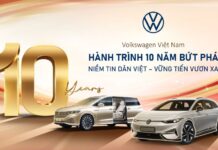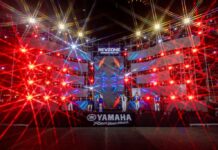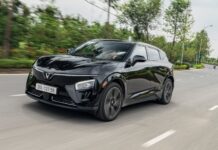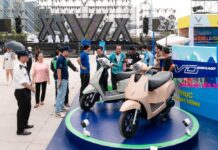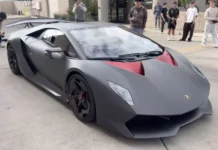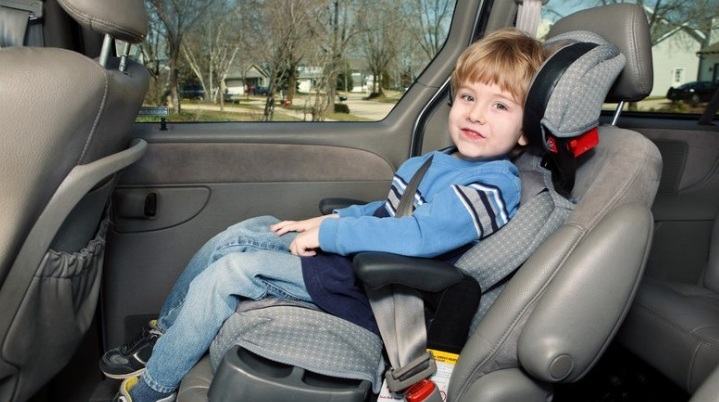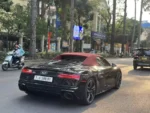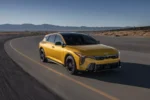Effective January 1, 2026, the Road Traffic Order and Safety Law 2024 mandates that children under 10 years old and shorter than 1.35 meters must sit in the back seat and use appropriate safety devices. Violators may face fines ranging from 800,000 to 1,000,000 VND.
As the implementation date approaches, the demand for child safety seats has surged, turning this product into a hot commodity at baby stores and auto accessory shops.
In contrast to the urgency among parents, car showrooms remain surprisingly calm. Sales consultants continue to focus on promotional programs, convenience packages, and registration fee policies, with little to no major marketing campaigns addressing child seat compatibility.
Automakers’ Calm Response: International Standards Met Years Ago
According to industry experts, this composure is entirely understandable. Over the past decade, car manufacturers in Vietnam have aligned their safety standards with international markets. The new regulation merely brings Vietnam closer to global norms, rather than catching manufacturers off guard.
A survey of popular models like the Hyundai Accent, VinFast VF 6, and Toyota Vios reveals that most already feature ISOFIX anchors in the back seat. However, this feature has rarely been a focus for Vietnamese buyers due to the absence of mandatory regulations.
In the premium segment, standards go even further. Volvo, renowned for its safety philosophy, has been researching child seats since the 1960s and has integrated booster seats into models like the XC90 and XC60.
Experts assert that automakers are technically well-prepared. The anchoring systems and rear seat frames of most vehicles sold in Vietnam are already compatible with child safety seats.
The biggest hurdle remains user habits, as many families do not yet view child seats as essential. Regulatory bodies must issue guidelines and certifications to ensure seamless market entry for these vehicles.
Will Child Seats Become Standard Car Accessories by 2026?
Many experts predict a significant shift in car accessories by 2026. Traditional add-ons like floor mats and rain guards may be replaced by manufacturer-branded child seats, aligning with broader market trends.
This practice is already common in Europe, where luxury brands like Mercedes-Benz, BMW, and Volvo offer child seats designed to match their vehicle interiors.
For mass-market brands, partnerships with renowned child seat manufacturers such as Joie, Combi, and Chicco could enable Toyota, Suzuki, Honda, Kia, and Hyundai to provide ISOFIX-compatible seats directly at dealerships, ensuring quality and compatibility.

